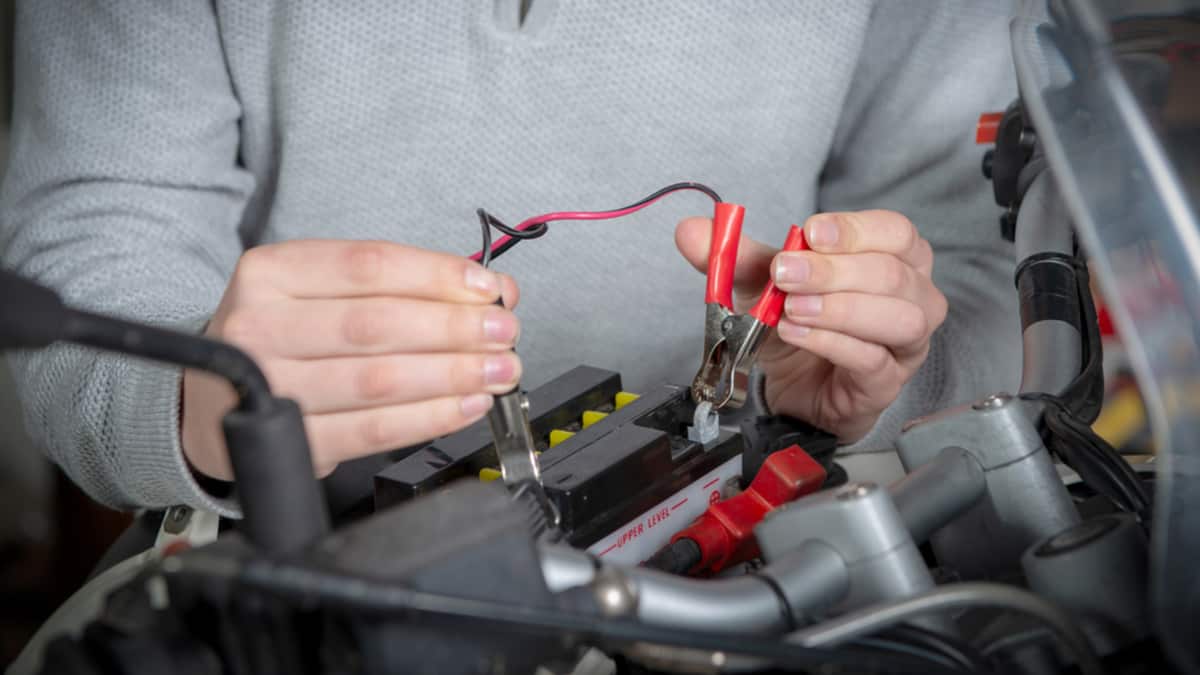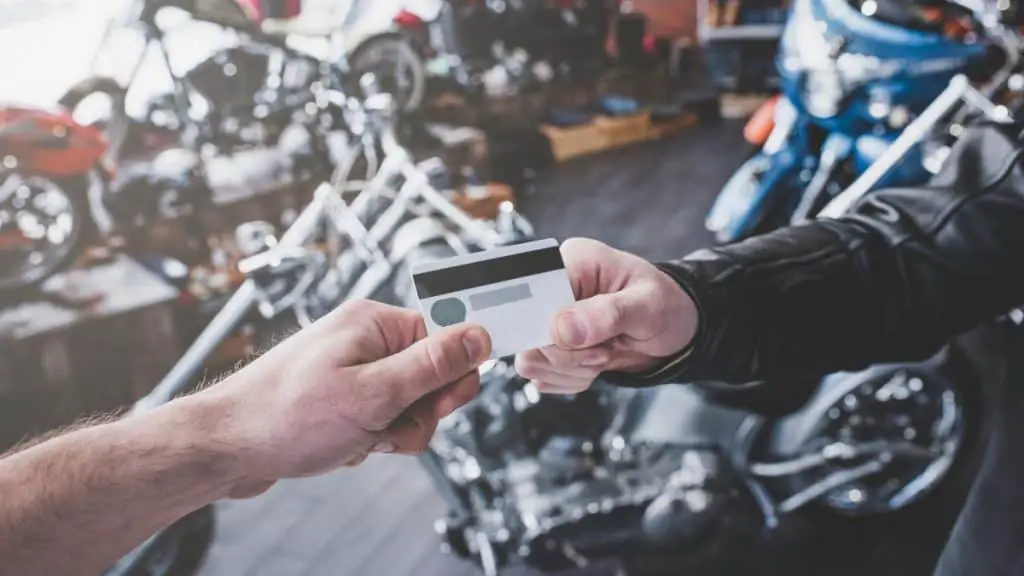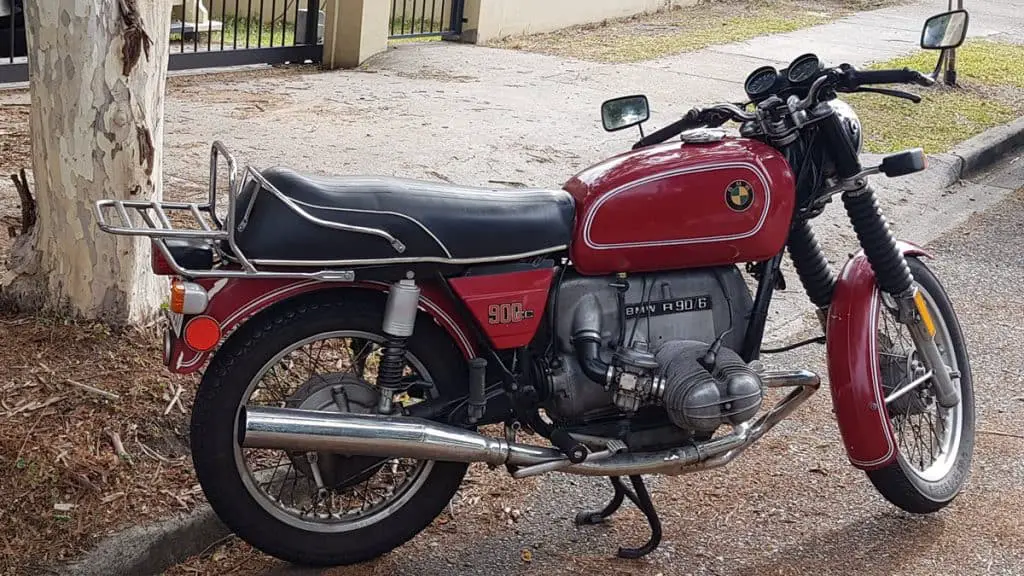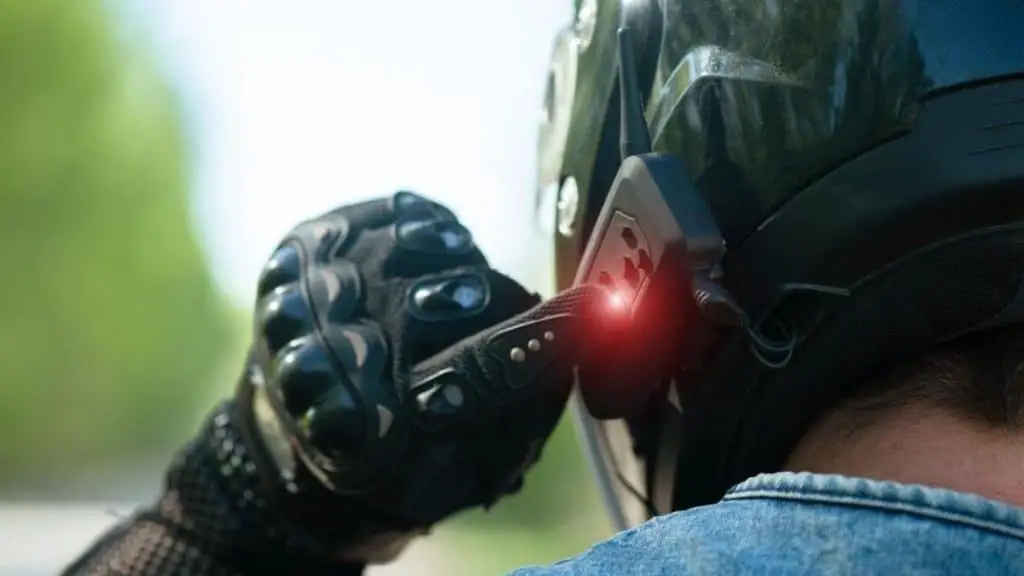How Long Does A Motorcycle Battery Last?
Motorcycle batteries are an essential part of your setup; without one, you aren’t going anywhere. Batteries are one investment you want to avoid making any more than absolutely necessary. But you might be wondering, exactly how long does a motorcycle battery last?
Most manufacturers claim 4 years can be expected from a battery but, a simple search online will reveal results claiming batteries having lasted up to 8 years. We can all agree the question of how long is my motorcycle battery going to last has passed through our heads, at one point or another.
There are two main types of batteries used in motorcycles – AGM batteries and conventional acid batteries. The consensus is, with a sealed AGM battery, you can expect an average lifespan of 3-5 years, but it could last up to 8 years if it’s been maintained. A conventional acid battery, on the other hand, has an average lifespan of 2-3 years, maxing out around the 5-year mark if it’s been maintained.
As you can see, these are pretty significant differences in lifespan. There are a few things to be aware of so you can get the best out of your battery.
Keeping Batteries Charged Up
Motorcycle batteries don’t like to be discharged and hate being left that way. Leaving your battery discharged for long periods can cause all sorts of problems and severely shorten its lifespan. The easiest way to avoid this is to ensure your battery is topped up frequently.
There are two main ways to charge your battery.
One of the simplest things you can do to get the best out of your battery is to just go for a long ride. Each time you start up your motorcycle, its alternator is creating a charge that is then stored in your battery. So every time you get on and go, your battery is being charged. This is great for when you’re riding weekly, your battery won’t remain discharged for long and is topped up regularly.
The second is charging your battery manually by hooking it up to a charger. The most common are trickle chargers that convert the AC electricity coming out of the wall into DC electricity and pumps that into your battery. They ensure your battery stays at full charge and doesn’t discharge itself. They are great for winter or when you can’t get out to ride as often as you would like. Check out our guide to the best motorcycle battery chargers for more details.
Weather Conditions

All batteries self-discharge over time when left unused, this happens faster when the weather is cold. Unfortunately, this fact of life is the reason we find ourselves putting the motorcycle’s battery on charge around the same time as turning up the heating inside your home.
The reason batteries have such a hard time in winter is because the lower temperature results in batteries discharging quicker than they would in warmer temperatures. Unless you are one to brave the cold and are confident you’ll be riding year-round to keep your battery topped up, then investing in a trickle charger is the way to go. Coupled with storing your motorcycle inside a garage out of the cold, it should help you get the best out of your battery.
Inspecting the Battery
The most common batteries in motorcycles nowadays are sealed and maintenance-free. That said, there are still some good habits you can get into to maximize its lifespan. Luckily for us, there is no need to have a strict schedule for this.
A good time is when you take your battery out to charge, give it a thorough wipe down with a clean rag to remove any dust and grime that may have built up. While you’re at it, check the terminals, you want to ensure they are corrosion-free. Always make sure you consult your owner’s handbook or a professional before attempting to remove the terminals. Finally, where possible, store your bike inside and away from extremely high or low temperatures.
Checking your battery for leaks, cracks, or any other damage at the same time, is another good habit to get into. If you catch it early enough, you might be able to do something about it, saving yourself a few dollars.
Never Drain A Battery Completely
We have all done it. After a day’s ride, you park up, leaving the keys in the ignition, thinking you’ve turned it off, only to discover the next time you try to start it, your battery’s dead.
Completely draining your battery is a sure-fire way to minimize its lifespan. You may manage to recharge it fast enough, and it might continue holding its charge, but this will significantly shorten the lifespan if it happens often enough.
This reinforces the need to keep your battery topped up during the offseason. Not riding your bike won’t discharge its battery anywhere near as fast as not turning it off properly. However, if every time you go to start your motorcycle after not riding for a period, and all you hear is silence, then you have done some degree of irreversible damage to your battery.
Conclusion
If oil is the blood of a motorcycle, then the battery powers the brain. Batteries are something we all know is there but, most of us don’t pay much attention, too. Some basic knowledge about how to look after your battery goes a long way in extending its lifespan.

So the next time you are putting the bike away for a bit, make sure you give your battery the once over with a clean rag and pop it on the charger. Then you can rest safe in the knowledge next time you go to start it up not only should it roar to life, but also you’re doing that little bit extra to extend its lifespan.
Frequently Asked Questions
How long should I charge my battery?
It depends on how much charge is already in your battery and what type of charger you have. Modern chargers can recharge a battery in as little as 2-4 hours. Older chargers can take up to 24 hours, and require you to check their voltage through-out the process to make sure they are not overcharging the battery. Remember, always read the instructions before charging your battery.
Does my battery charge while idling?
Yes, your battery will be charging while your motorcycle is idling. It is essential to note that it will charge at a much slower rate compared to riding or using a trickle charger.
How long can I go without charging my battery?
It is dependent on the age of your battery, as well as how it has been maintained. A new battery could potentially sit for up to 5 months, while an older battery may last up to 3 months before self-discharging completely. In either case, this practice is not recommended, as it will shorten the lifespan of your battery.





